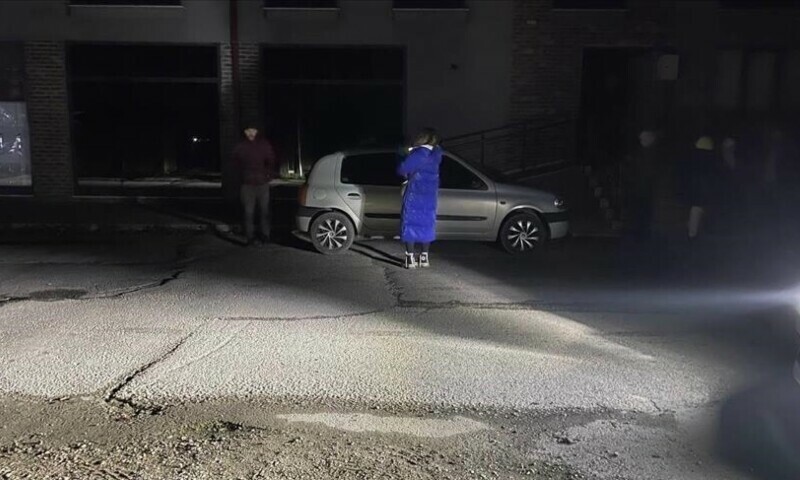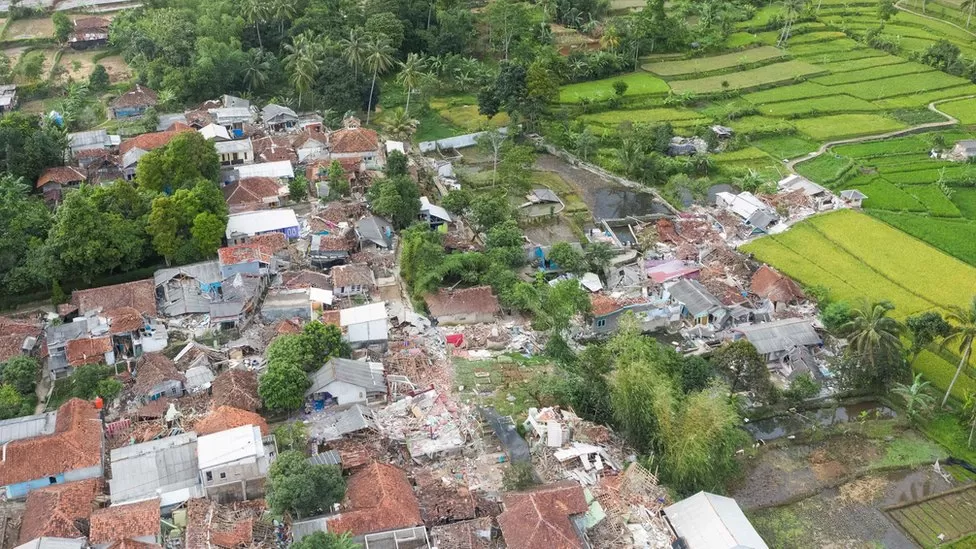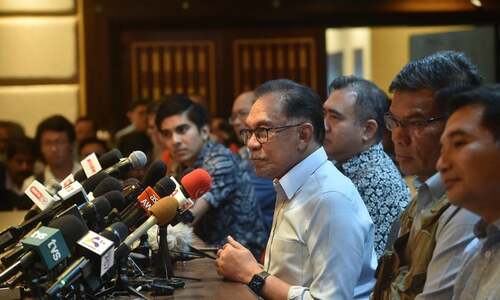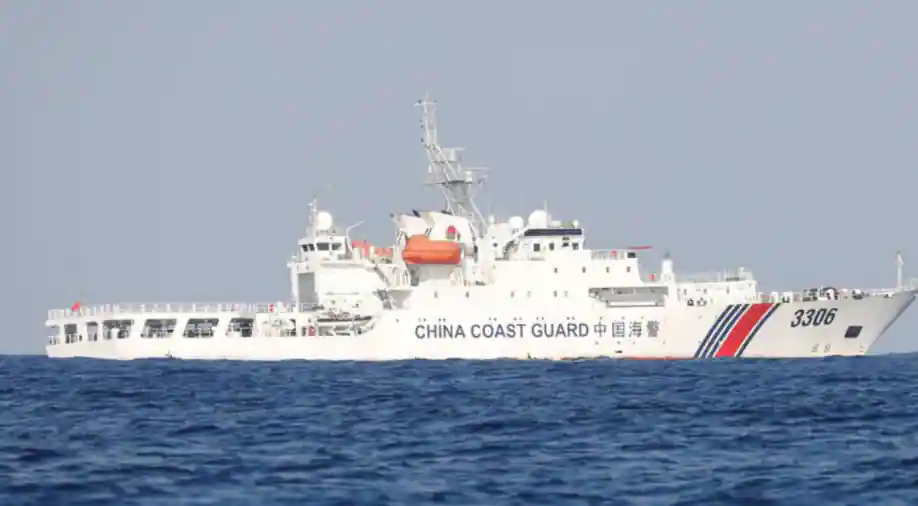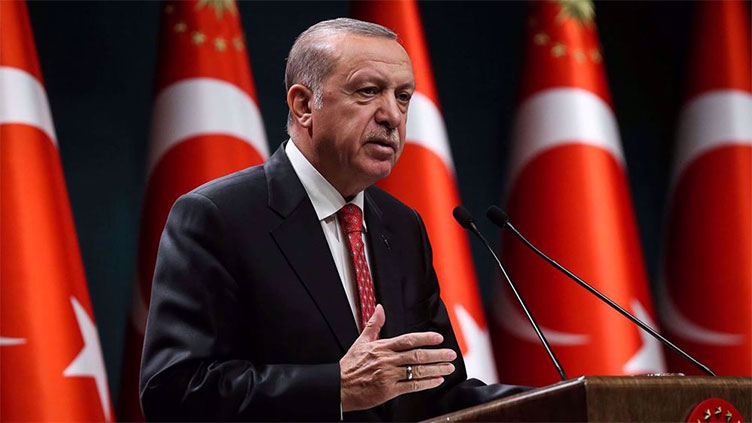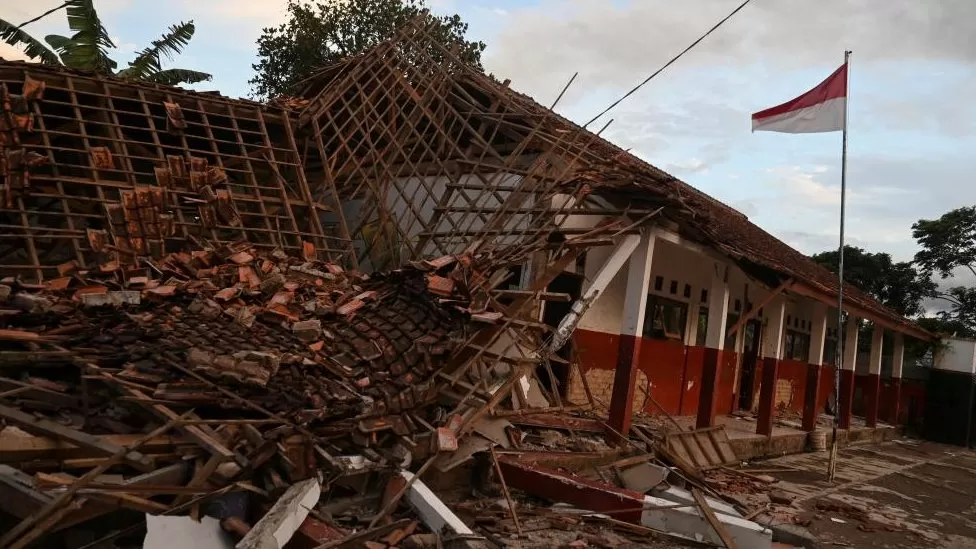The shallow tremor struck about 170 kilometres (105 miles) east of Istanbul, the country’s largest city, where it was strongly felt.
National authorities said the quake was at a magnitude of 5.9 — lower than the 6.1 given by the US Geological Survey — and its epicentre was in Duzce province’s Golyaka district, though it also shook other nearby cities.
“We were woken up with a big noise and tremor,” Duzce resident Fatma Colak told AFP.
“We got out of our homes in panic and now we are waiting outside.”
Health Minister Fahrettin Koca tweeted that 35 people were injured including 32 in Duzce, one in Istanbul and the other two in the nearby provinces of Bolu and Zonguldak.
Interior Minister Suleyman Soylu, who visited Golyaka, said one person was seriously hurt after jumping from a balcony out of panic. He said 70 aftershocks had been recorded.
Initial images showed people covered in blankets outside their homes during the early morning. Some were seen placing blankets on the floor outside, and lighting fires for warmth.
Authorities said schools would be closed on Wednesday in Duzce and Sakarya provinces.
Soylu said that, apart from a few ruined barns, there were no reports of heavy damage or building collapses, but inspections were continuing.
National disaster agency the AFAD said there were controlled blackouts in the Duzce region, urging residents not to panic.
Turkiye is in one of the world’s most active earthquake zones.
Duzce was one of the regions hit by a 7.4-magnitude earthquake in 1999 — the worst to hit Turkiye in decades.
That quake killed more than 17,000 people, including about 1,000 in Istanbul. Experts have long warned a large quake could devastate Istanbul, which has allowed widespread building without safety precautions.
A magnitude-6.8 quake hit Elazig in January 2020, killing more than 40 people.
And in November that year, a magnitude-7.0 quake hit the Aegean Sea, killing 114 people and wounding more than 1,000.


